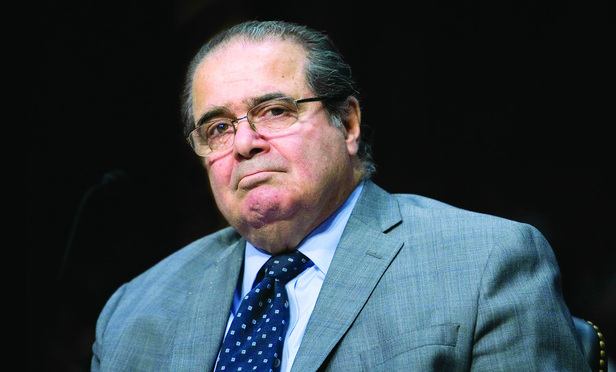During his nearly 30 years on the U.S. Supreme Court, Justice Antonin Scalia shaped the court’s jurisprudence in nearly every area of the law, but perhaps no area more dramatically than class actions. In the past five years, Justice Scalia authored opinions that strengthened the commonality requirement of Rule 23(a), the predominance requirement of Rule 23(b)(3), and the enforceability of class action waivers in arbitration agreements. Since Justice Scalia’s passing on Feb. 13, 2016, the court has shown a diminished appetite for class action appeals and has arguably retreated from some of his positions. Here, we examine Justice Scalia’s class action legacy, consider recent developments following his death, and assess what the future holds for class action litigation at the Supreme Court.
Scalia’s Class Action Jurisprudence
Justice Scalia’s most consequential class action opinions are Wal-Mart Stores v. Dukes,1Comcast v. Behrend,2AT&T Mobility v. Concepcion,3 and American Express v. Italian Colors.4 In each, Justice Scalia wrote the majority opinion for a 5-4 court.



